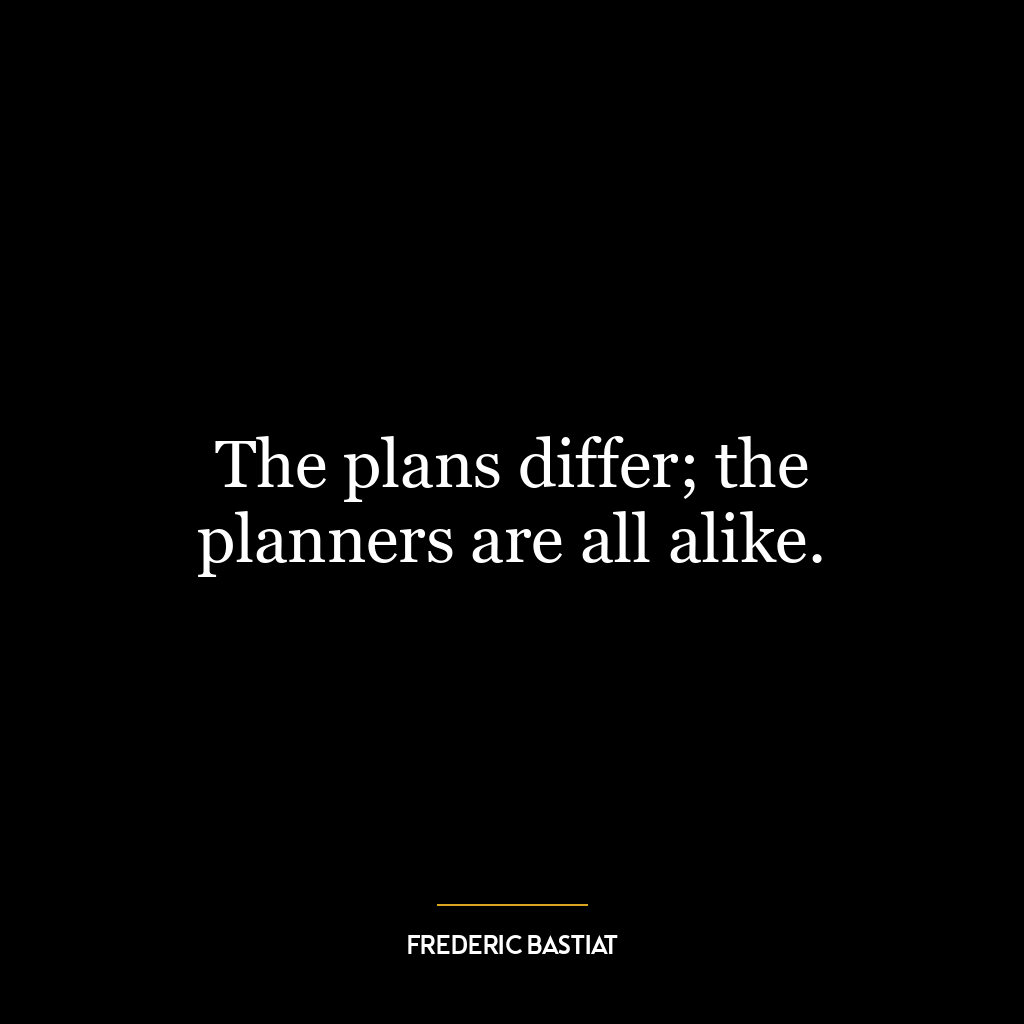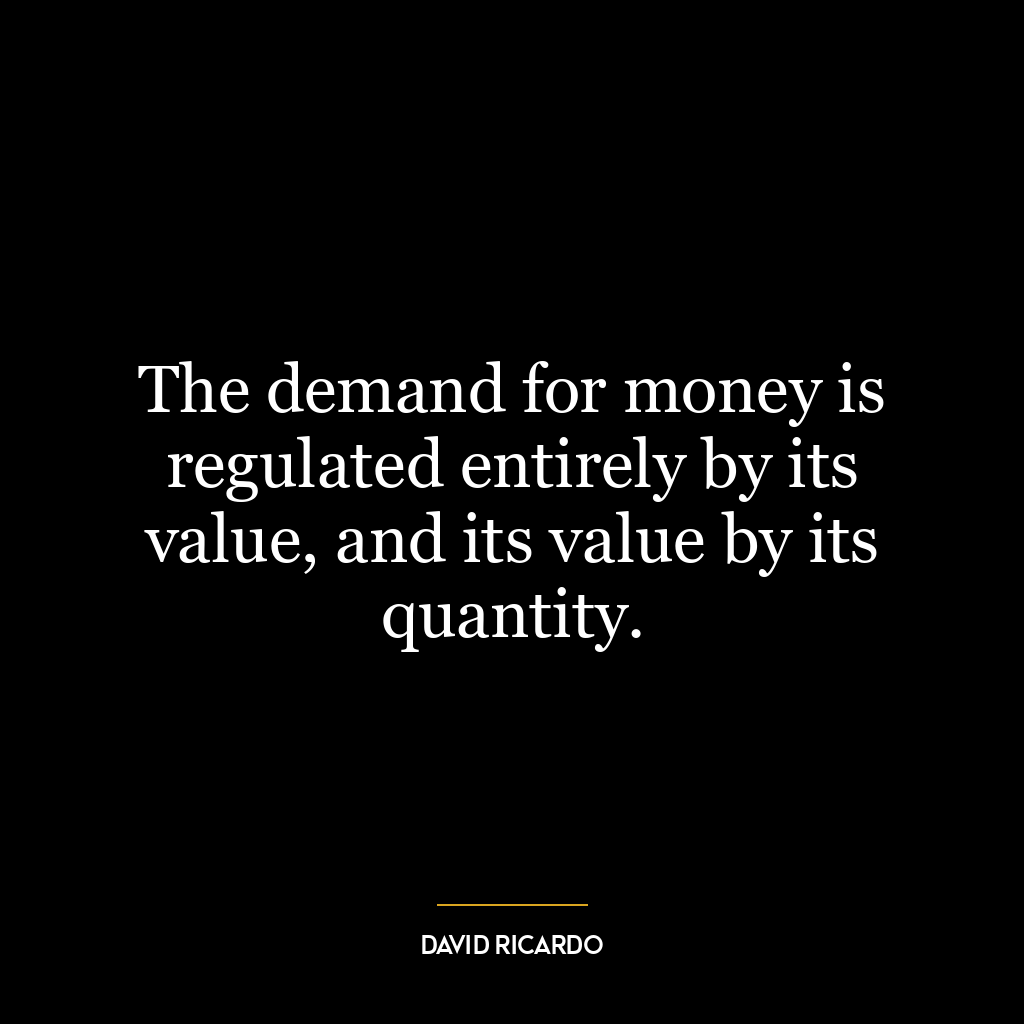Ludwig Erhard Quotes
- Economist
- Germany
- 1897
Ludwig Erhard was a German economist and politician who played a crucial role in the post-World War II economic recovery of West Germany. He is best known for his role as the Minister of Economics and later as the Chancellor of West Germany, where he implemented free market policies and helped to es…Read More
Ludwig Erhard was a German economist and politician who played a crucial role in the post-World War II economic recovery of West Germany. He is best known for his role as the Minister of Economics and later as the Chancellor of West Germany, where he implemented free market policies and helped to establish the country as an economic powerhouse. Erhard’s most notable work is his economic policy known as the “social market economy,” which aimed to balance free market principles with social welfare programs. He also introduced the Deutsche Mark as the new currency for West Germany, which helped stabilize the economy and promote international trade. Erhard’s economic policies and leadership were instrumental in the success of West Germany’s “economic miracle” and he is widely regarded as one of the most influential figures in German economic history.Read Less
Ludwig Erhard was a German economist and politician who played a crucial role in the post-World War II economic recovery of West Germany. He is best known for his role as the Minister of Economics and later as the Chancellor of West Germany, where he implemented free market policies and helped to establish the country as an economic powerhouse. Erhard’s most notable work is his economic policy known as the “social market economy,” which aimed to balance free market principles with social welfare programs. He also introduced the Deutsche Mark as the new currency for West Germany, which helped stabilize the economy and promote international trade. Erhard’s economic policies and leadership were instrumental in the success of West Germany’s “economic miracle” and he is widely regarded as one of the most influential figures in German economic history.
Ludwig Erhard Career Highlights
Ludwig Erhard was a German economist and politician who served as the Chancellor of West Germany from 1963 to 1966. He is best known for his role in implementing the social market economy, which helped to rebuild and modernize the country after World War II.Erhard’s career began in the 1930s when he worked as an economic advisor for the city of Nuremberg. He then went on to serve in various positions within the German government, including as the Director of the Economic Council and the Minister of Economics. In 1963, he was elected as Chancellor and served in this role until 1966.
Key Contributions by Ludwig Erhard
Erhard’s most significant contribution was his implementation of the social market economy, which aimed to balance the principles of a free market with social welfare policies. This economic model helped to spur economic growth and stability in West Germany, leading to the country’s “economic miracle” in the 1950s and 1960s.Erhard also played a crucial role in the creation of the European Economic Community (EEC), which later became the European Union. He was a strong advocate for European integration and believed that a united Europe was essential for peace and prosperity.
What Sets Ludwig Erhard Apart
Erhard’s approach to economics was unique in that he believed in the power of the free market but also recognized the need for government intervention to ensure social welfare. This balanced approach set him apart from other economists of his time and helped to shape the economic policies of West Germany for decades to come.Erhard was also known for his strong leadership skills and his ability to bring people together to achieve common goals. He was a skilled negotiator and was able to navigate complex political and economic issues with ease.
Takeaways
Ludwig Erhard’s contributions to the social market economy and European integration have had a lasting impact on Germany and the rest of the world. His balanced approach to economics and strong leadership skills serve as valuable lessons for current and future leaders. Erhard’s legacy continues to be celebrated in Germany, and his ideas and policies continue to shape economic and political discussions globally.







